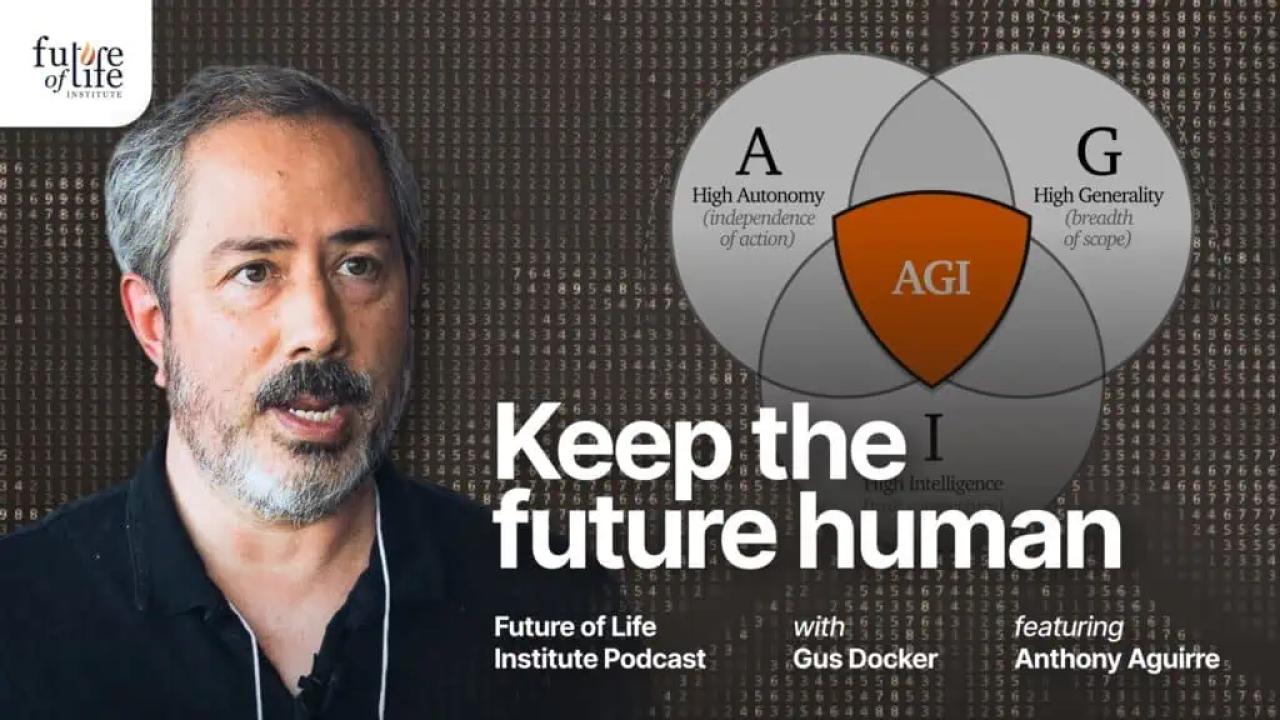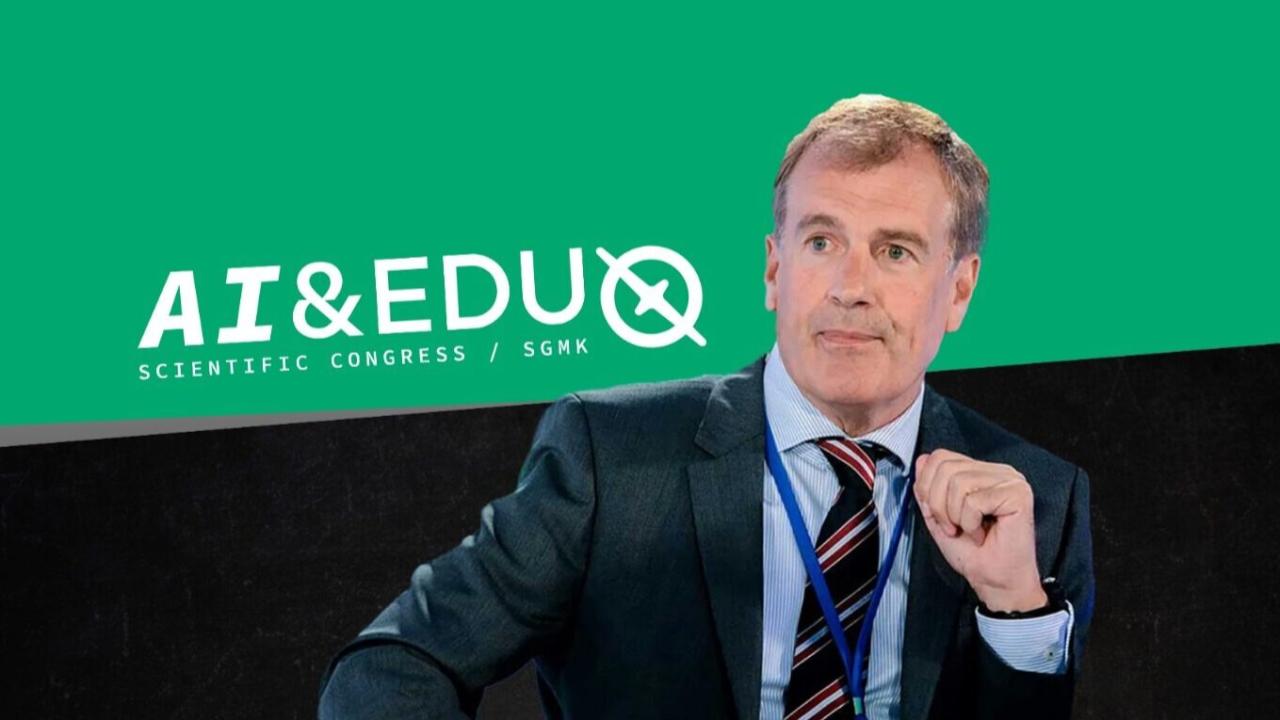The internet has brought an explosion of new ideas, possibilities, and progress. But as the Web has evolved, extractive and predatory models have become dominant, shifting the internet’s awesome power from people to major platforms. Algorithms and financial models behind these platforms have fueled polarization, incentivized the spread of misinformation, eroded democratic institutions, and stretched social fabric to the brink.
At the heart of this is social media, which has transformed how we connect, consume and share information, and create community. With the dawn of Web3 and a new internet era on the horizon, we have a unique opportunity to build the digital infrastructure needed to restore trust and support a stronger democracy, fairer economy, and more just society.
This conversation was part of the 2022 Aspen Ideas Festival.
Speakers: Jonathan Haidt, Thomas Cooley Professor of Ethical Leadership, New York University Stern School of Business
Frank McCourt, CEO, McCourt Global; Founder, Project Liberty
Now in its 18th year, the Aspen Ideas Festival is the Aspen Institute’s signature summer public event. Among the key themes explored at this year’s festival are conversations around the concepts of Heat, Power, Connection, Trust, Money, and Beauty.
From June 25-July 1, 2022 more than 300 leaders and innovators gather in the Rocky Mountains to engage in deep and inquisitive discussion of the issues that shape our lives and challenge our times, spanning politics, business, science, the arts, education, and more. #AspenIdeas
For more information about the Aspen Ideas Festival, visit https://www.aspenideas.org


















